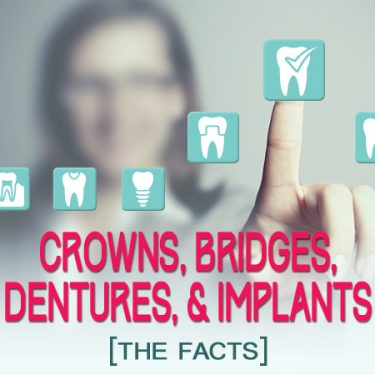 There are lots of ways to deal with missing or damaged teeth. You’ve probably heard one of us at Family Dental Health talking about implants, dentures, bridges, and crowns, but have you ever wondered what they are and how they work? Dr. David Case knows that folks in Portland like to be informed, so think of this as your personal guide to things that might end up in your mouth. As always, if you have any questions, feel free to give us a call!
There are lots of ways to deal with missing or damaged teeth. You’ve probably heard one of us at Family Dental Health talking about implants, dentures, bridges, and crowns, but have you ever wondered what they are and how they work? Dr. David Case knows that folks in Portland like to be informed, so think of this as your personal guide to things that might end up in your mouth. As always, if you have any questions, feel free to give us a call!
Crowns, Bridges, and Dentures, Oh My!
At some point in time, most of us will lose at least one adult tooth. The most common cause of tooth loss is gum disease, but it could also be an accident, a sports injury, or a cavity on steroids. Some people are even born without the ability to develop one or more adult teeth! Either way, the point is that most Portland residents will one day face a decision: how do I replace my lost or damaged tooth? There are many ways fill a gap in your bite:
Crowns
Crowns themselves do not replace entire teeth, but they play an important role in the process of stabilizing teeth and supporting other devices that restore harmony to your bite. Sometimes, Dr. David Case will place a crown on a Portland patient’s tooth to improve its appearance or strengthen it after a cavity has left the tooth unable to support a filling. Placed directly over the surface of the tooth (like a king’s crown), crowns can also be used to protect weak teeth, repair broken teeth, attach and anchor a bridge, and/or cover an implant. They come in a variety of materials and colors to suit a number of different needs.
Bridges
Bridges are permanent or removable dental restoration appliances that replace missing teeth with artificial teeth. By creating a literal bridge between gaps, bridges improve the functionality of your bite and the beauty of your smile. Bridges can be made of gold, alloys, porcelain, or any combination thereof. Both fixed and removable bridges make use of surrounding teeth for support, but fixed bridges are usually more stable than removable bridges. However, they are also more expensive that removable bridges.
Dentures
If you have lost most or all of your teeth, dentures may be the way to go. Dentures are natural-looking, removable appliances that allow you to eat and speak normally, despite a lack of teeth. They also help prevent sagging of the facial muscles, which can occur if there are little or no teeth to support the structure of your face. There are three types of dentures: conventional, immediate, and overdentures. Conventional dentures require the removal of any remaining teeth and a healing period (sometimes several months or longer) before they can be fitted. Immediate dentures also require the rest of your teeth to be removed, but are inserted the same day as the removal. Overdentures are a great option if you have a few healthy teeth left. They are called overdentures because Dr. David Case fits them over your remaining teeth, which provide support and help keep your jawbone healthy. Although the process of adapting to your dentures may be uncomfortable at first, having functional teeth is much better for your health in the long run!
Implants
In terms of preserving the integrity of the jawbone and providing support and strength to nearby crowns, bridges, and/or dentures, implants are the best option for missing teeth. Implants are small, titanium posts that Dr. David Case inserts directly into your jawbone. The bone grows around them, much like a natural root, and fixes them in place. Once the bone around the implant is fully healed, a replacement tooth is placed over the implant. This is the closest you can come to a natural tooth. Stimulation from chewing with an implant helps to preserve the jawbone and encourage circulation in the surrounding area. Implants are a permanent solution for a healthier smile.
Why fix missing teeth?
Even if missing teeth aren’t visible and don’t seem to affect your bite, it is still important to do something about them. Dr. David Case wants every Portland resident to know that the reasons for using crowns, bridges, dentures, and implants go beyond cosmetics and comfort. Your adult teeth are designed to work as a team, and any missing player can compromise the function of your bite, ease of speech, susceptibility to dental disease, and the health of your jawbone. Call Family Dental Health today to make an appointment and we’ll help you get the beautiful, healthy smile you deserve!
Sources
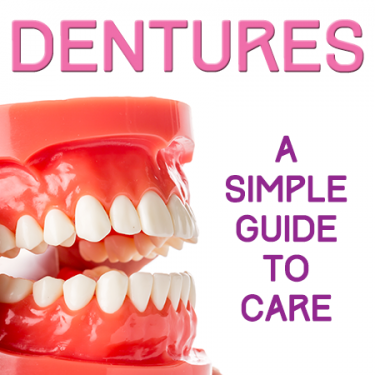 The image of a glass full of false teeth on the nightstand is plastered all throughout popular culture. You would think that soaking your dentures in water and cleaner is sufficient, but Dr. David Case reminds us that proper denture care requires more than just that. In fact, denture maintenance is an important part of oral health. For Portland residents who have dentures or are considering them, it is important to know exactly how they function and how to care for them. If you have any questions, please give us a call at Family Dental Health.
The image of a glass full of false teeth on the nightstand is plastered all throughout popular culture. You would think that soaking your dentures in water and cleaner is sufficient, but Dr. David Case reminds us that proper denture care requires more than just that. In fact, denture maintenance is an important part of oral health. For Portland residents who have dentures or are considering them, it is important to know exactly how they function and how to care for them. If you have any questions, please give us a call at Family Dental Health.
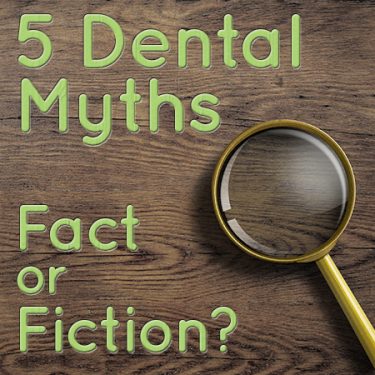 When it comes to ridiculous beliefs on dental hygiene and treatment, we’ve heard just about everything. However, the most dangerous ones usually aren’t quite so over the top. Unfortunately, a number of dental myths are floating all over Portland, so Dr. David Case is here to put an end to the misinformation. Don’t feel bad if you have believed one or more of these at some point, you’re not the only one, but do make sure to
When it comes to ridiculous beliefs on dental hygiene and treatment, we’ve heard just about everything. However, the most dangerous ones usually aren’t quite so over the top. Unfortunately, a number of dental myths are floating all over Portland, so Dr. David Case is here to put an end to the misinformation. Don’t feel bad if you have believed one or more of these at some point, you’re not the only one, but do make sure to 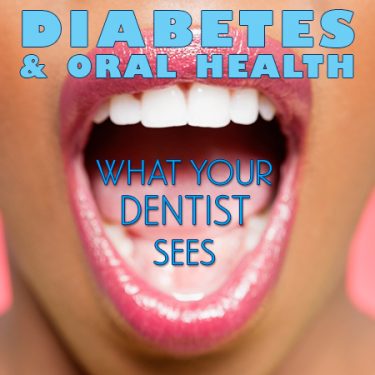 It’s no secret that diabetes is a health condition that must be treated because of the problems it can cause throughout the body—including in your mouth. Consider that nearly 26 million children and adults in the U.S. who, according to the
It’s no secret that diabetes is a health condition that must be treated because of the problems it can cause throughout the body—including in your mouth. Consider that nearly 26 million children and adults in the U.S. who, according to the 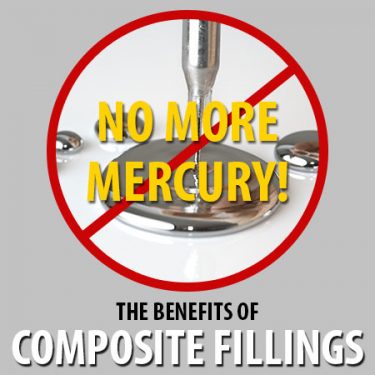 Traditionally, dentists have used what’s known as amalgam, or special metal alloys, to fill cavities. However, modern dental medicine has advanced to the point that
Traditionally, dentists have used what’s known as amalgam, or special metal alloys, to fill cavities. However, modern dental medicine has advanced to the point that 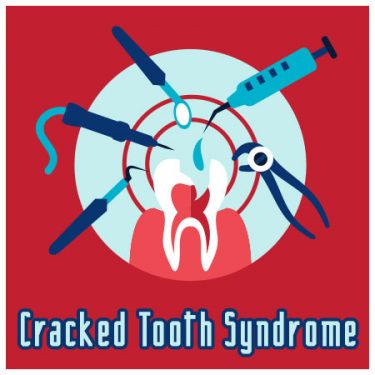 Cracked tooth syndrome (
Cracked tooth syndrome (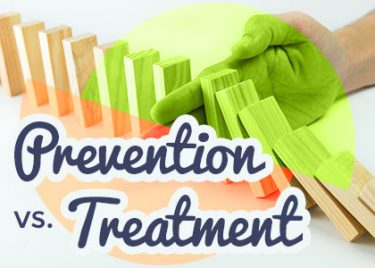
 There are lots of ways to deal with missing or damaged teeth. You’ve probably heard one of us at Family Dental Health talking about implants, dentures, bridges, and crowns, but have you ever wondered what they are and how they work? Dr. David Case knows that folks in Portland like to be informed, so think of this as your personal guide to things that might end up in your mouth. As always, if you have any questions, feel free to give us a call!
There are lots of ways to deal with missing or damaged teeth. You’ve probably heard one of us at Family Dental Health talking about implants, dentures, bridges, and crowns, but have you ever wondered what they are and how they work? Dr. David Case knows that folks in Portland like to be informed, so think of this as your personal guide to things that might end up in your mouth. As always, if you have any questions, feel free to give us a call!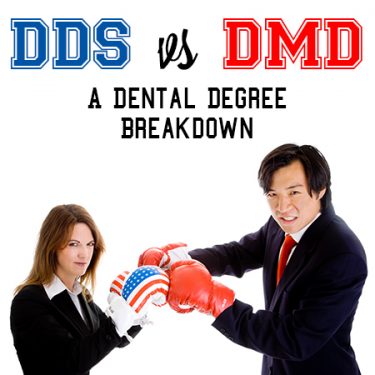 If you are looking for a dentist in Portland, you may have picked up on the fact that there are two types of dental degrees – DDS and DMD. Perhaps you’ve noticed that there are far more of one than the other, or maybe they are split 50/50. Either way, you’re probably wondering what the difference is, and how this will affect your dental care. At Family Dental Health, we love to spread the word about all things dental, so here are the facts, straight from
If you are looking for a dentist in Portland, you may have picked up on the fact that there are two types of dental degrees – DDS and DMD. Perhaps you’ve noticed that there are far more of one than the other, or maybe they are split 50/50. Either way, you’re probably wondering what the difference is, and how this will affect your dental care. At Family Dental Health, we love to spread the word about all things dental, so here are the facts, straight from 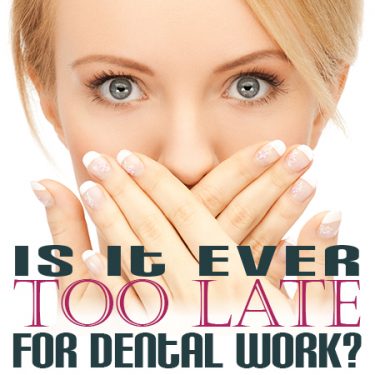 Let’s be honest. If you are like most Portland folks, you’ve probably put off going to the dentist at one time or another. Some of us have even avoided seeing a dentist for years at a time. In fact, one in three Americans avoid going to the dentist regularly.
Let’s be honest. If you are like most Portland folks, you’ve probably put off going to the dentist at one time or another. Some of us have even avoided seeing a dentist for years at a time. In fact, one in three Americans avoid going to the dentist regularly.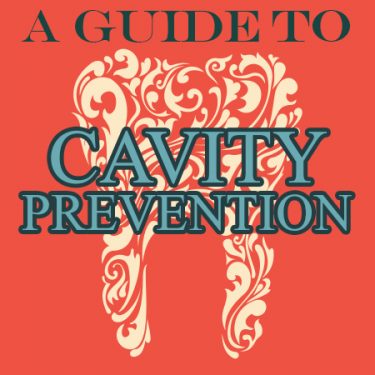 Imagine this- you have come to see
Imagine this- you have come to see